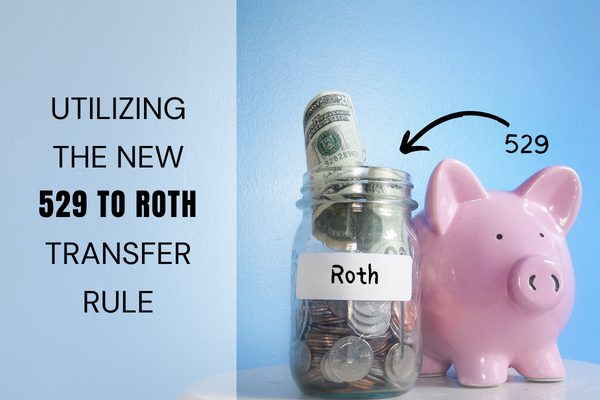Qualified Charitable Distribution vs. Appreciated Stock Gifting

Market Perspectives April 2021
April 9, 2021
Market Perspectives June 2021
June 8, 2021
Are you looking to donate to a charity? There are methods, beyond simply writing a check, to contribute to charitable organizations without having to worry about tax liabilities. Two donation options are Qualified Charitable Distribution (QCD) and Appreciated Stock Gifting. Both methods are beneficial to the charity and to you, but there are differences that should be considered.
Qualified Charitable Distributions are direct transfers from an individual retirement account, and payable to a qualified charity without treating the distribution as taxable income to you. This can be a good strategy for meeting your Required Minimum Distribution without increasing your taxable income. To make a QCD transfer, the age requirement of the donor is 72 or older and there is a $100,000 cap on the donation (It is important to know that the age of the donor may change, and we will inform you if it does.) The charities that are qualified for a QCD transfer must be listed as a 501 © (3) organization, and this qualification allows the charity to receive tax deductible contributions. The organizations that do not qualify for QCD are the following: private foundations, supporting organizations, and donor-advised funds.
Another method is Appreciated Stock Gifting. By gifting appreciated stock (or other eligible security) that has been held for at least a year, the capital gain does not need to be recognized. The appreciated stock provides the possibility to avoid long-term capital gains tax liability that you otherwise may have recognized in the future. The qualifications to donate appreciated stock are not the same as QCD’s, but the donations have to go to a charity. A Donor-Advised Fund (DAF) would support appreciated stock gifting, as a DAF is a giving account at a public charity. Donations can be made to a DAF, and the giver will receive a tax deduction along with the ability to recommend grants for the fund. The organizations that qualify for DAF are public charities only.
To learn more about these and other charitable giving strategies, call your financial consultant. Here are some other articles by CIC describing the benefits of gifting, click below to read.
Article One: Bunching Charitable Deductions Under the New Tax Law
Article Two: Better Ways to Give to Charity
Article Three: Gift Stock and Not Cash
Mary Alex Edmiston is a Marketing and Communications Coordinator.
Carolinas Investment Consulting is not affiliated with any of the websites linked in this commentary. Nothing contained herein constitutes financial, legal, tax, or other advice. The views and opinions expressed in this article are those of the author and do not necessarily reflect the official policy or position of Carolinas Investment Consulting. The information published herein is provided for informational purposes only, and does not constitute an offer, solicitation or recommendation to sell or an offer to buy securities, investment products or investment advisory services. All information, views, opinions and estimates are subject to change or correction without notice. The appropriateness of an investment or strategy will depend on an investor’s circumstances and objectives. These opinions may not fit to your financial status, risk and return preferences. Past performance is not indicative of future returns.



